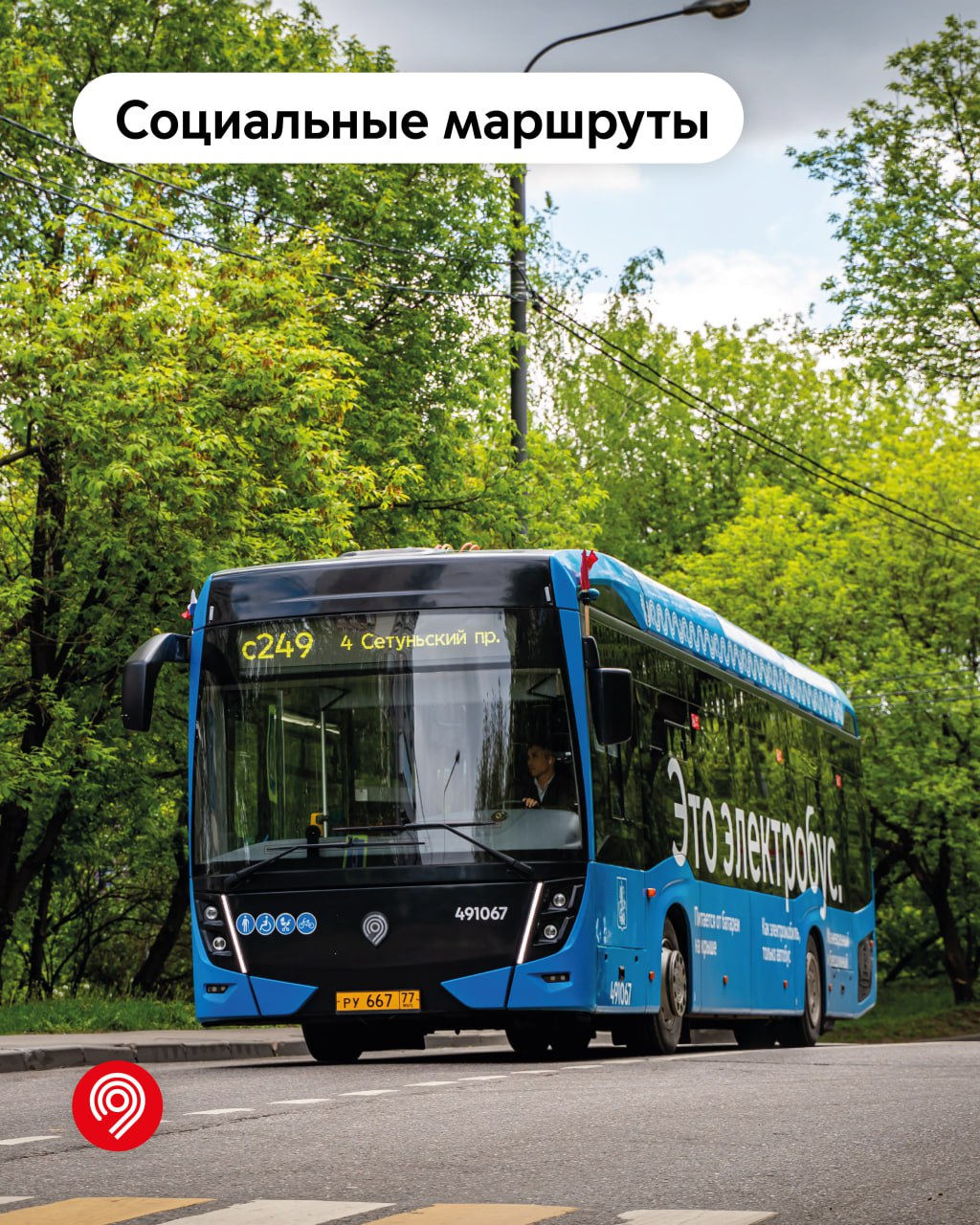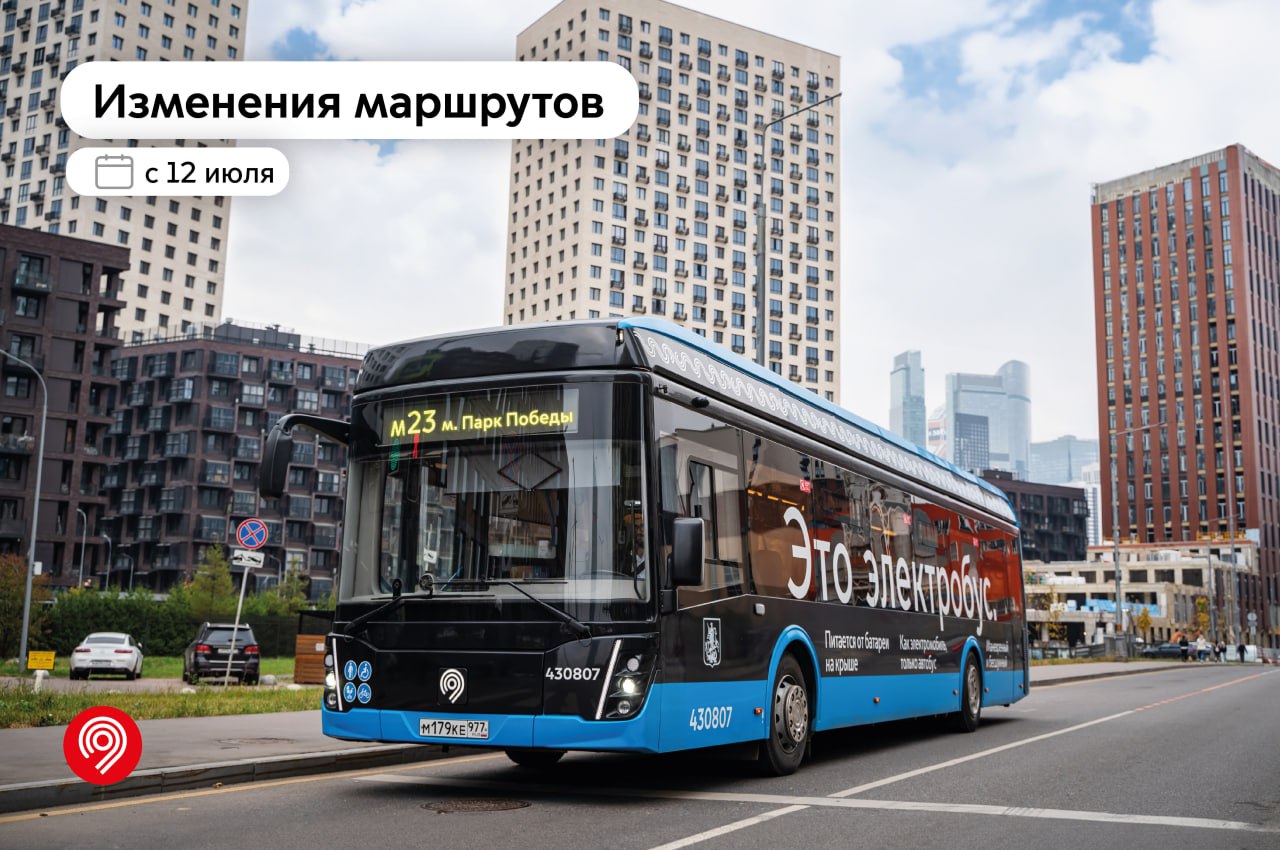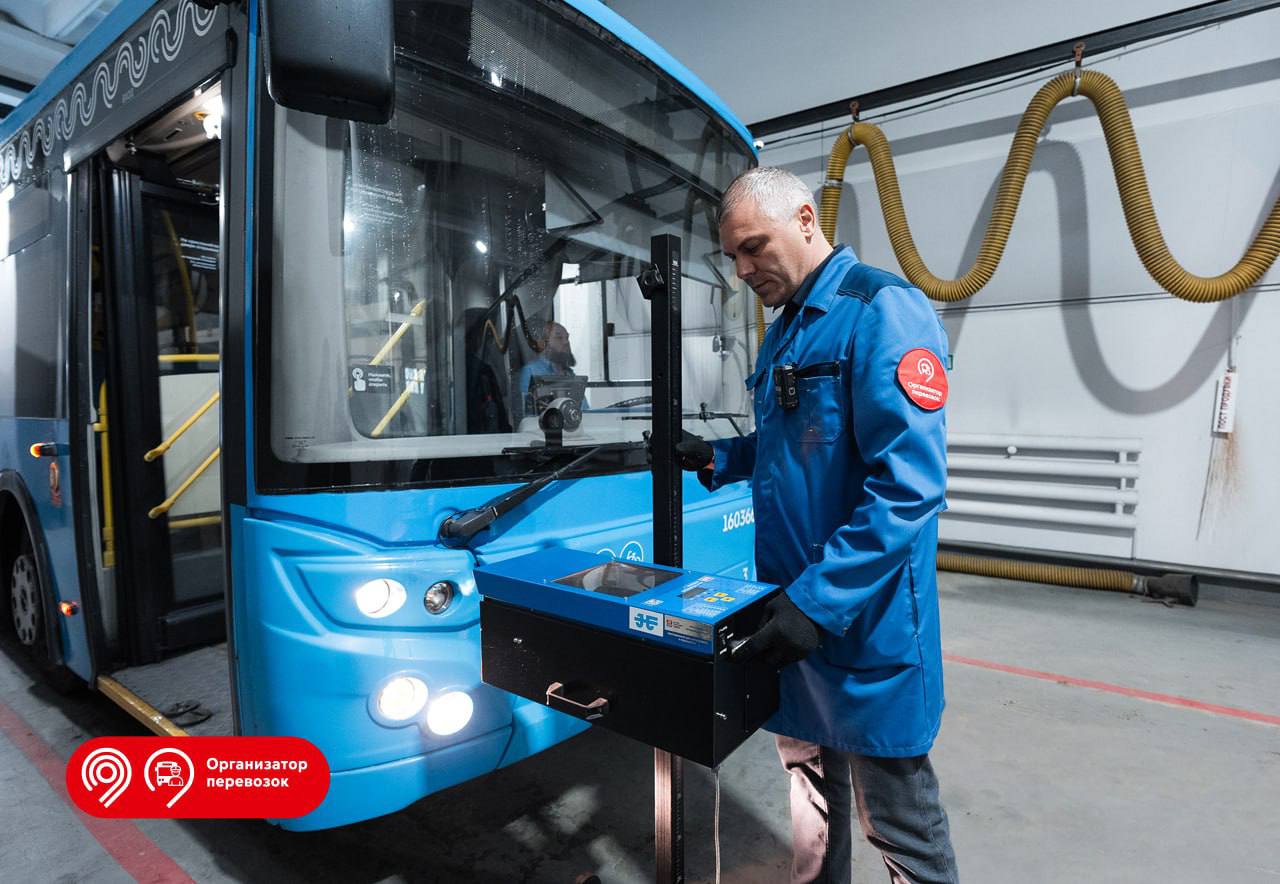The Moscow Metro: 85 years and counting

The first line of the Moscow Metro was launched on May 15, 1935, exactly 85 years ago. Since that time the network has stretched over the whole Moscow.
In 1935, few people traveled by the Moscow Metro, as they had never seen escalators and fast subway trains before and were afraid to travel under the ground. Nowadays almost 90% of citizens have a metro station within a walking distance from home.
Launched in 1935, the first stage of the Moscow Metro had 11.5 km of tracks and 13 stations. The average number of trips during the first year of metro operation was equal to177 thousand. Nowadays 2.5 billion passengers use the Moscow Metro for travelling around the capital every year.

The Moscow Metro has a very diverse history.
During the World War II metro construction was not suspended, and two line-sections and 7 stations were launched in January,1944. At the days of war, the Moscow Metro served as a shelter to Moscow citizens. It also became a place of birth for over 200 babies during the war.
The metro network continued to grow steadily along with the city in following years. Even the fall of the Soviet Union did not stop it.
In 2011 a new age of the Moscow Metro has started — more than 85 new stations have bee launched, and the network size increased by more than 45% of the total historical size. Today the Moscow Metro has 15 lines including the Moscow Central Circle. Together with the Moscow Central Diameters and the Moscow Monorail there are 333 stations which are being used by more than 9,5 M people daily, and it continues to develop.
In 2020 a new series of train cars is expected to go on rails — «Moscow-2020». The construction of the Large Circle Line of 70 km and 31 stations is under way.
The Moscow Metro’s schedule fulfilment rate is 99,98%; peak hour headway is just 90 sec. By launching its Unified Operations Control Center and digitalizing the infrastructure by 65% in November 2019, the Moscow Metro completed another stage of the Digital Metro program.
For the 3 years, the Moscow Metro holds the first place in the CoMET passenger loyalty index. In 2017 it was awarded with the UITP Award for the successful launch of the Moscow Central Circle. In January 2020 Moscow Metro's digital ticketing program «Troika» was recognized the world best at the Transport Ticketing Global Award in London, the UK.
The Moscow Metro is not just a mode of transport — it became a major public space for cultural events, such as music gigs, theatrical performances, exhibitions, fashion shows, and what not.
Even in the hardest times the Moscow Metro remains safe and secure urban mode of transport. Inspired by its passengers, it continually improves and provides high-quality service every day, keeping the city moving and developing.


